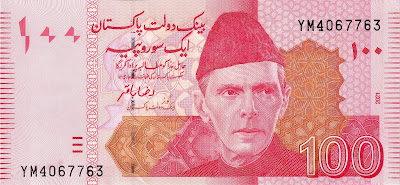The Malawi Kwacha, denoted by the symbol MWK and the ISO code MWK, serves as the official currency of the Republic of Malawi. Its journey through history reflects the nation's evolution, struggles, and aspirations. From its humble beginnings to its current position in the global market, the Malawi Kwacha embodies the resilience and determination of the Malawian people.
The roots of the Malawi Kwacha can be traced back to the pre-colonial era when Malawi, then known as Nyasaland, was under British colonial rule. During this time, various currencies, including the British pound sterling and the South African rand, were in circulation. However, the need for a national currency became apparent as Malawi moved towards independence.
In 1971, shortly after gaining independence from Britain, Malawi introduced its own currency, the Malawi Kwacha, to replace the East African shilling. The word "Kwacha" translates to "dawn" in the Chewa language, symbolizing the birth of a new era for the nation. The Kwacha was initially pegged to the British pound at a fixed exchange rate, reflecting Malawi's close ties to its former colonial ruler.
Over the years, the value of the Malawi Kwacha has been subject to fluctuations influenced by various internal and external factors. Economic policies, political stability, and global market trends all play a role in shaping the Kwacha's value against other currencies. Additionally, Malawi's dependence on agricultural exports, particularly tobacco, exposes the Kwacha to fluctuations in commodity prices.
Despite efforts to maintain stability, the Malawi Kwacha has experienced periods of volatility, with sharp devaluations impacting the purchasing power of Malawians. Economic challenges, such as high inflation, limited foreign exchange reserves, and reliance on donor aid, have contributed to the Kwacha's vulnerability in the global market.
In recent years, the Malawian government and the Reserve Bank of Malawi have implemented various measures to stabilize the Kwacha and promote economic growth. These include fiscal reforms, monetary policy adjustments, and efforts to diversify the economy away from reliance on agriculture. Additionally, initiatives to improve governance, transparency, and financial inclusion aim to build confidence in the Malawian economy and the Kwacha.
In the current market, the value of the Malawi Kwacha fluctuates against major currencies such as the US dollar, euro, and South African rand. Exchange rate movements impact Malawians' livelihoods, affecting the cost of imported goods, inflation rates, and overall economic stability. As such, monitoring the Kwacha's performance and implementing prudent financial management practices remain critical priorities for Malawi's economic development.
The Malawi Kwacha's origin reflects the nation's journey towards independence and self-determination. Its value in today's market is shaped by a complex interplay of domestic and global factors, highlighting the importance of sound economic policies and prudent financial management. Despite challenges, the Malawi Kwacha remains a symbol of national pride and resilience, embodying the aspirations of the Malawian people for a prosperous future.


.jpeg)
.jpeg)
.jpg)
.jpg)

.jpeg)
No hay comentarios:
Publicar un comentario